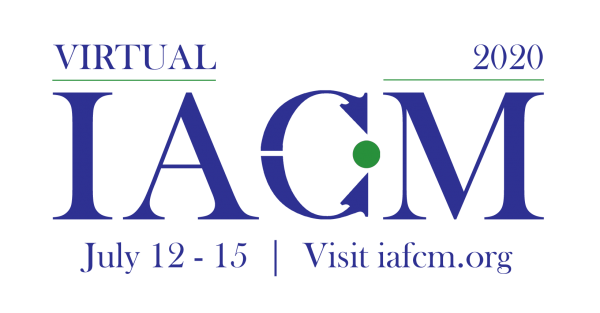Full Program »
Drawing the Line: How Workplace Experiences Influence Individual Perceptions of Sexual Harassment
Previous research has suggested that individual characteristics may determine what individuals believe constitutes sexual harassment, but additional factors influencing where individuals ‘draw the line’ remain unclear. Extending HR systems research, we propose that individuals develop their definitions of sexual harassment in the workplace, informed by industry-level climates and empowering organizational practices. Utilizing a crowdsourced survey (n=408) of currently employed adults, we find that individuals are less likely to identify scenarios as sexual harassment if they are currently employed in a highly sexually harassing industry; that previous employment in a highly sexually harassing industry continues to negatively influence labelling after individuals have moved on; that empowering organizational practices increase individual propensity to identify sexual harassment; and that high levels of these practices mitigate the impact of current employment in highly sexually harassing industry. This study affirms the lack of consensus around definitions of sexual harassment; underscores the strong and enduring impact of industry-level norms on worker perceptions; and calls into question traditional notions of sexual harassment perceptions as dictated by individual characteristics. Our findings suggest that successfully combatting sexual harassment may hinge on structural change in the industries with the highest rates of complaints as well as the ability of organizations to leverage key employment practices.
